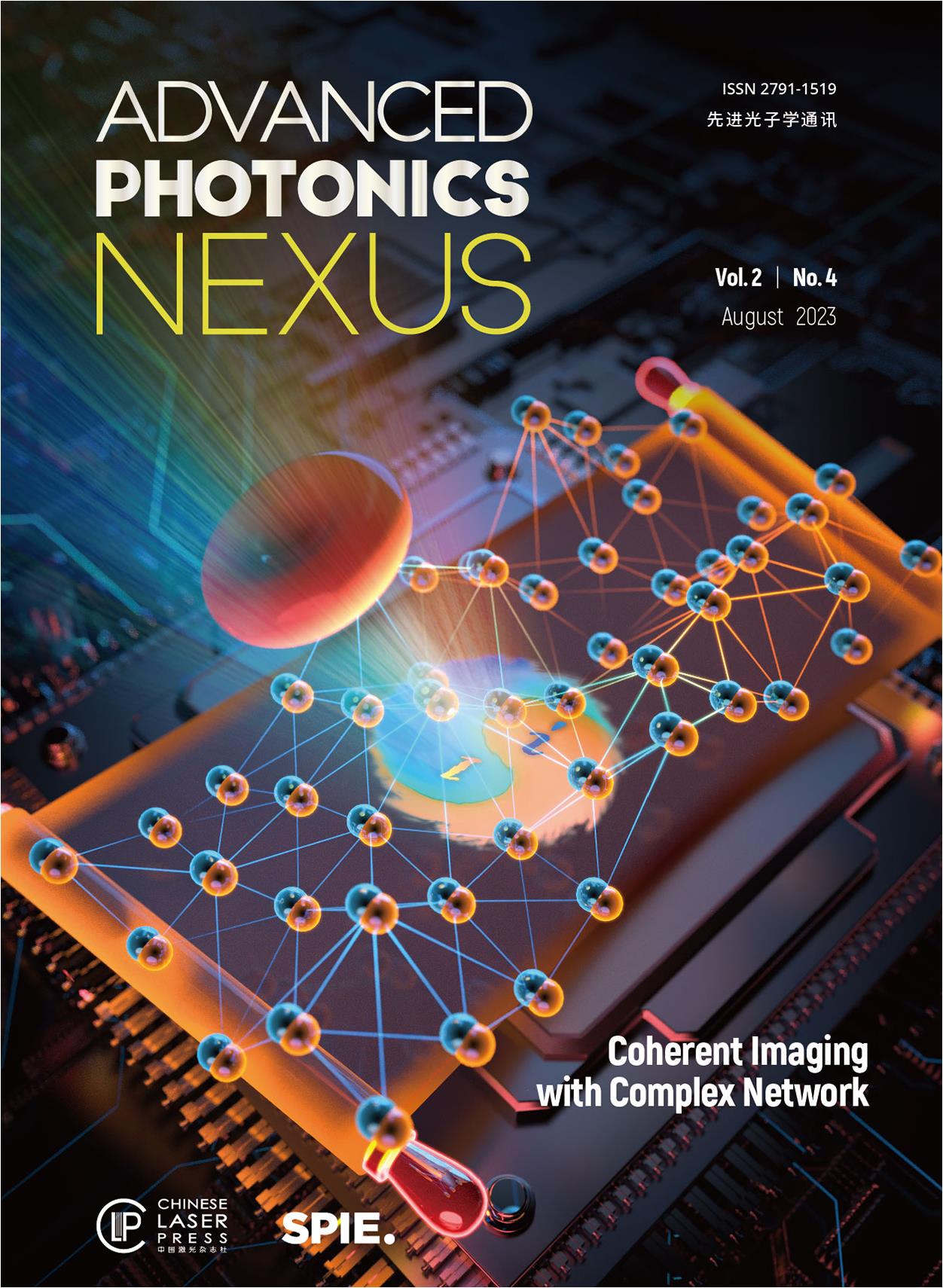 Computational imaging holds the potential to revolutionize optical imaging by providing wide field-of-view and high-resolution capabilities. In coherent computational imaging, joint reconstruction of amplitude and phase expands the dimension and throughput of optical imaging, unlocking new insights for diverse fields, including biomedicine, crystallography, and astronomy. However, most of the existing large-scale coherent imaging techniques rely on multiple scanning or modulation processes to achieve high-resolution and signal-to-noise ratio, which poses feasibility challenges in application due to tradeoffs among speed, resolution, and quality. Deep learning emerges as a promising solution to surmount these limitations by learning statistical priors from training data, propelling the advancement of coherent computational imaging.
Computational imaging holds the potential to revolutionize optical imaging by providing wide field-of-view and high-resolution capabilities. In coherent computational imaging, joint reconstruction of amplitude and phase expands the dimension and throughput of optical imaging, unlocking new insights for diverse fields, including biomedicine, crystallography, and astronomy. However, most of the existing large-scale coherent imaging techniques rely on multiple scanning or modulation processes to achieve high-resolution and signal-to-noise ratio, which poses feasibility challenges in application due to tradeoffs among speed, resolution, and quality. Deep learning emerges as a promising solution to surmount these limitations by learning statistical priors from training data, propelling the advancement of coherent computational imaging.
Advanced Photonics Nexus, Volume. 2, Issue 4, 049901(2023)
About the Cover: Advanced Photonics Nexus Volume 2, Issue 4
The article provides information about the image on the cover of Advanced Photonics Nexus, Volume 2, Issue 4.
The image on the cover for Advanced Photonics Nexus Volume 2 Issue 4 illustrates a complex-domain neural network to represent a complex wavefront with a multidimensional framework. It can exploit latent coupling information between amplitude and phase components, resulting in strong generalization and robustness. The image is based on original research presented in the article “Complex-domain-enhancing neural network for large-scale coherent imaging,” by Xuyang Chang, Rifa Zhao, Shaowei Jiang, Cheng Shen, Guoan Zheng, Changhuei Yang, and Liheng Bian.
Get Citation
Copy Citation Text
, "About the Cover: Advanced Photonics Nexus Volume 2, Issue 4," Adv. Photon. Nexus 2, 049901 (2023)
Category: About the Cover
Received: --
Accepted: --
Published Online: Sep. 1, 2023
The Author Email:







